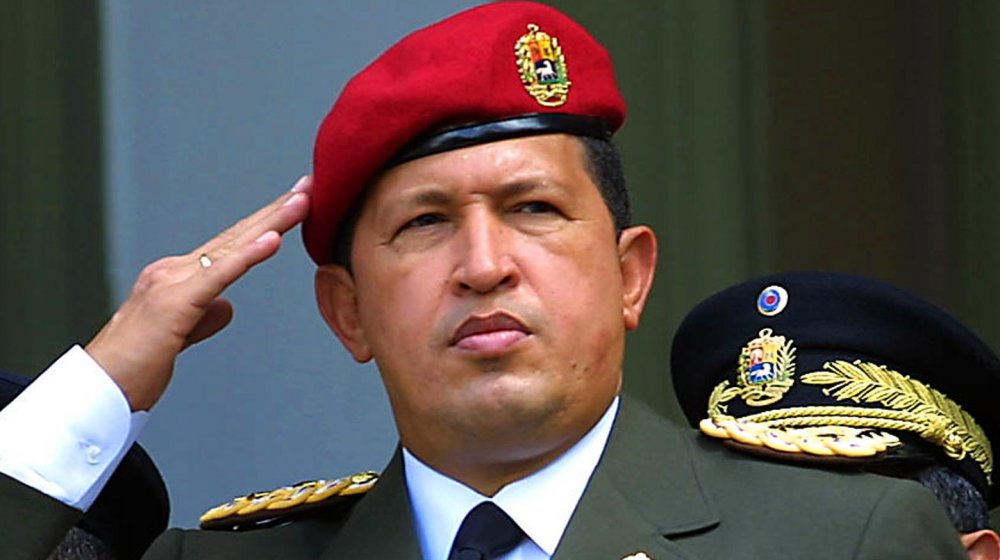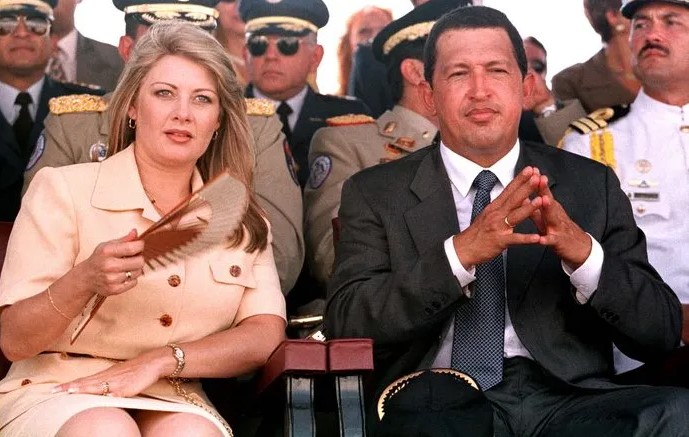In the intricate tapestry of Venezuelan history, Marisabel Rodríguez Oropeza emerges as a multifaceted figure, renowned for her roles as a journalist, publicist, and radio announcer. Best known as the second wife of the late Venezuelan president, Hugo Chávez, Rodríguez’s journey weaves through the realms of politics, media, and personal challenges.
Advertisement
Early Life and Roots in Barquisimeto
Born on 23 November 1964 in Barquisimeto, Rodríguez’s early life unfolded against the backdrop of this vibrant city. Her roots in Barquisimeto, a city known for its rich cultural tapestry, would later intertwine with her diverse career and personal pursuits.
A Pioneering Political Journey
Rodríguez’s entry into politics marked a significant chapter in her life. In 1999, she secured a pivotal role as a member of the 1999 Constituent Assembly of Venezuela, a body instrumental in crafting the present Constitution of Venezuela. Her election, marked by the second-highest margin, showcased her early prowess in navigating the political landscape.

Leading the Constituent Social Rights Commission and presiding over the Fundación del Niño, a state-funded foundation dedicated to supporting children nationwide, Rodríguez made impactful contributions in the realm of social and political initiatives.
Media Maven: Television, Radio, and Print
For nearly two decades, Rodríguez has left an indelible mark in the field of social communications, particularly in public relations and journalism. As the editor of the social section of El Impulso, a prominent journal in midwest Venezuela, she played a crucial role in shaping public discourse.
Advertisement
Her foray into television included anchoring for stations such as Telecentro and Niños Cantores Televisión in her hometown. In the realm of radio, Rodríguez’s informative program “Líder en la Noticia” showcased her commitment to keeping the public well-informed.
Personal Life: Matrimony, Motherhood, and Advocacy
Rodríguez’s personal life unfolds as a tapestry of relationships, challenges, and advocacy. Her initial marriage to Allessandro Lanaro Pérezone bore a son, marking the inception of her journey into motherhood.
In 1997, Rodríguez entered matrimony with Hugo Chávez, the charismatic Venezuelan leader. The union brought forth a daughter named Rosines, but after two years of separation, the couple officially divorced in 2004. Post-divorce, Rodríguez took a courageous step by publicly denouncing the constitutional reforms proposed by Chávez in 2007.
Her third marriage, to tennis instructor Félix Lisandro García in 2009, concluded in divorce. This personal journey reflects the resilience and dynamism that characterize Rodríguez’s approach to life.
Legacy and Continued Advocacy
As the pages of Marisabel Rodríguez de Chávez’s life continue to unfold, her legacy resonates beyond the confines of her roles as a journalist and political figure. Her commitment to social causes, coupled with her resilience in navigating personal challenges, paints a portrait of a woman whose influence extends far beyond the political corridors.
In the ever-evolving narrative of Venezuela’s history, Marisabel Rodríguez de Chávez remains an intriguing and influential figure, leaving an indelible mark on the nation’s political and social landscape.


Leave a Reply